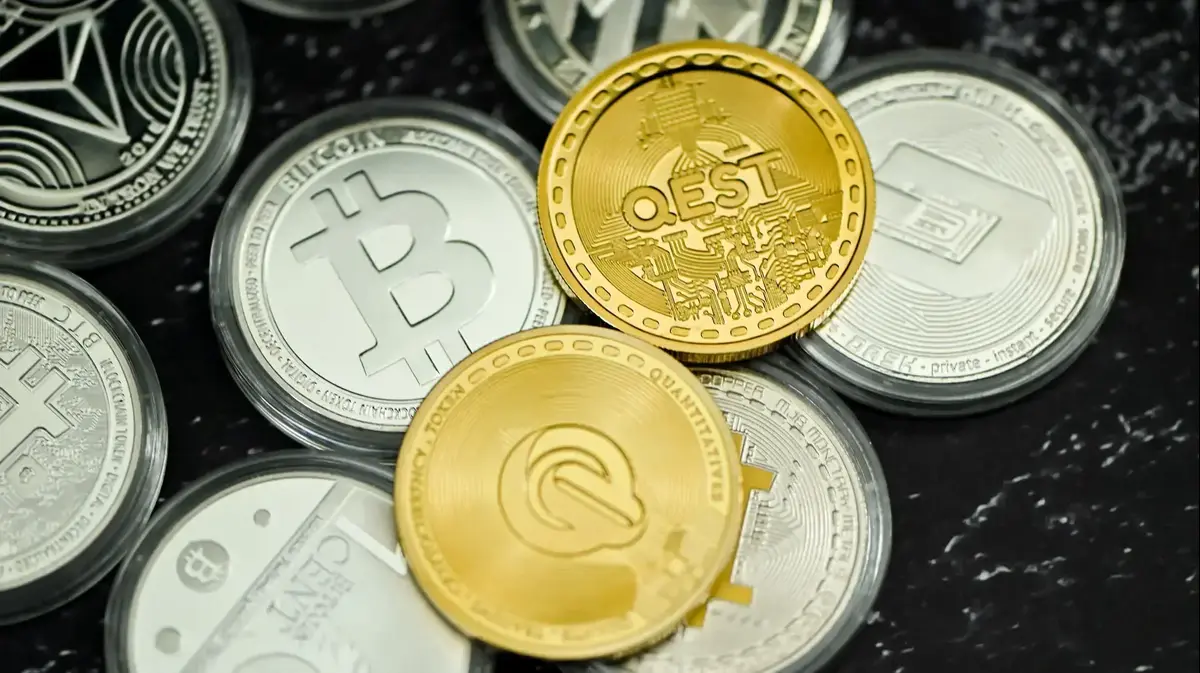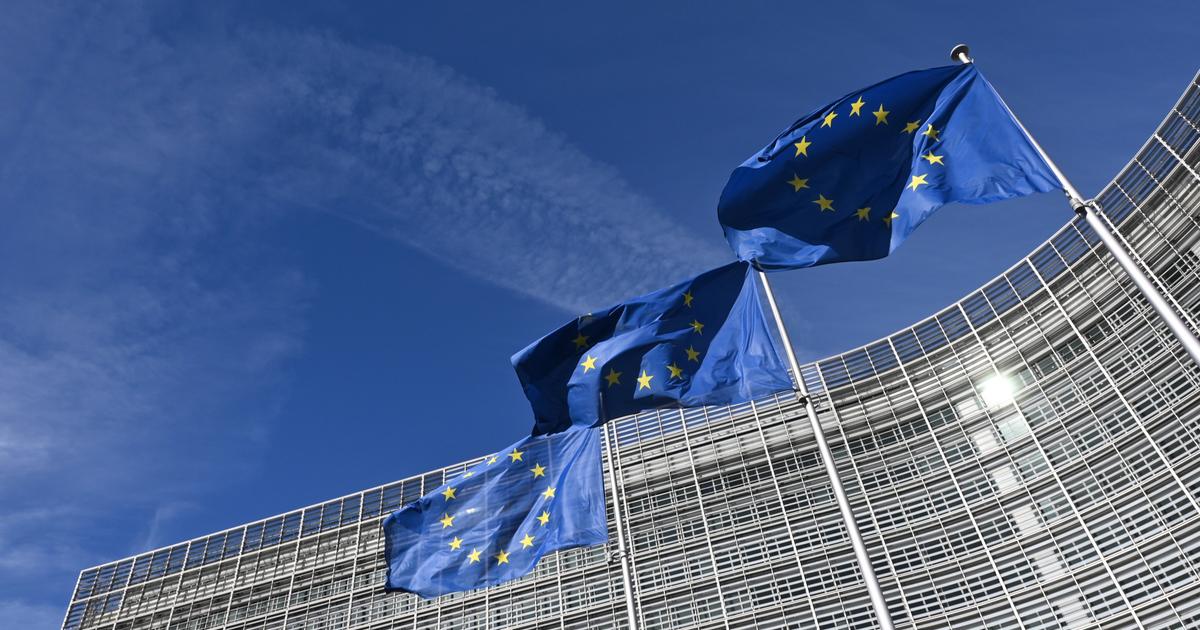On video: Power plant restarted to mine Bitcoin (Angle)
Money turned out to be one of the most wonderful inventions of the human race.
Under the auspices and supervision of central banks, each and every one of us and all of us together believe that a 100 NIS bill is worth 100 NIS and can be used to purchase products and services of this value.
Moreover, we believe that money represented only by lines of code in the bank, in fact virtual money, is also real money, like physical bills that are each stamped with a unique number.
The limited number of physical bills can be duplicated into virtual money at a rate of 1 to 10 and thus private banks can give credit to businesses and thus drive the economy.
All this under the instructions and supervision of the central bank.
The digitization of money
Blockchain technology and cryptocurrencies such as Bitcoin and Atrium made it possible for the first time to make a direct transfer of funds from wallet to wallet without any intervention from a central body such as a bank or government.
The democratization of the financial system through technology is a revolution on a historic scale.
On the one hand, consumer trust can shift from a government currency (called fiat) to a virtual currency.
On the other hand, significant technological capabilities allow full digitization of government currencies as well.
As of 2022, the size of the crypto market has exceeded $1 trillion, with Bitcoin estimated at $300 billion.
It is difficult to estimate how many people hold crypto wallets and estimates range from 30 million to 330 million people, with 65% of holdings being Bitcoin.
The financial volume of the daily trade in all crypto worlds is estimated at 30 billion dollars, but at the same time most of the trade is speculative when very few businesses accept crypto as currency.
Currently, only two (small) countries have already completed the transition to a national digital currency (CBDC): The Bahamas and Jamaica, while the other countries are only in pilot stages.
Full transparency in marketing and business
Many economic processes today are the result of a lack of trust between buyer and seller.
Digitizing the payment so that everything is clear and written will make it possible to open existing barriers in the market such as buying and selling a car without going to the post office, immediate tax payment on a second apartment and many other options.
In the B2B world, smart contracts on the blockchain make it possible to document the money route as well as the route of goods passing between different storage and transportation providers around the globe on its way from the manufacturer to the end customers.
When each of these parties signs their part of the deal, it is easier to trace the origin of defects and mistakes and reduce damages.
The same goes for various certification certificates issued by inspection and production control bodies such as ISO, HIPA and the like.
For example, a manufacturer who has agricultural goods in his hands can record the laboratory tests in the blockchain that will serve as proof of quality for his global buyers before making the transaction.
Also in the worlds of B2C and ecommerce, a growing number of platforms offer the possibility to pay in digital currencies and make secure transactions on the blockchain.
This is very logical since in most cases the seller and the buyer do not know each other and there is no relationship of trust between them.
Similarly, using blockchain in marketplace platforms where the users are both buyers and sellers, such as Faber and Airbnb, will make it possible to cut out intermediaries such as clearing systems, credit companies and banks, and transfer a larger share of the profit to the users.
As far as digital marketing is concerned, if you try to outline the supply chain of a sponsored exposure (Ad Impression) from the moment it is created until it reaches the eyes of a surfer, you will find that it is a multi-stage process that involves quite a few intermediaries.
So many factors are involved in this process that one exposure can go through dozens of hands.
Among them are exchanges, management and demand systems (Demand side platforms), ad networks, data management systems, submission systems and more.
Those who pay the price are the advertisers, who purchase exposure at a cost that embodies all the commissions paid to each and every intermediary along the way.
And the transparency?
zero.
Buying and selling exposures on the blockchain will allow any advertiser to know exactly where the exposure was created, which hands it passed through and what layers of data were added to it.
In such a situation, not only will we be able to cut out most of the middlemen (thanks to the transparency that will be created and the ability to purchase directly from the ends), but we will be able to guarantee through smart contracts the amount of hands, from which sources, and also how much we are willing to pay for a desired result.
More in Walla!
How do you turn a plastic package into a flower pot?
In cooperation with the Tamir Recycling Corporation
The rise of national digital currencies and the Israeli shekel
The big twist in the plot takes place in recent months, when central banks all over the world started issuing national digital currencies (Central Banks Digital Currencies - CBDCs) that are under their supervision, just like traditional money.
The Bank of Israel also initiated the process of issuing a digital shekel and even invented a name for it: shekel. Using this technology, numbered shekels can be issued like bills that pass between digital wallets instead of physical wallets.
In the transition from paper banknotes to digital banknotes lie very great meanings as well as advantages and disadvantages that can affect the country's economy significantly.
Issuing a digital currency allows the central bank more, not to say absolute, control over the currencies: who transferred to whom, when and why?
Any payment made in a national digital currency can be encoded with conditions that are a severe limitation on users.
For example, in the run-up to Rosh Hashanah, the Ministry of Social Affairs could distribute grants to the needy in Shakedim and code them so that they can only be used to purchase food, and not for liquor, cigarettes or lottery tickets.
In the extreme, a dark regime can code payment rules so that the money can only go to those in favor Thus, when the Central Bank of China issued the digital wine, it encoded in it conditions that allow payments to be transferred only to entities that are acceptable to the Chinese government.
How will Shaked be used?
We can think of two examples of the issuance of Sakadim that may also be realized in other national digital currencies. The first, the issuance will be open to all citizens of the country and the meaning is that there will be no need to open an account in a commercial bank such as Leumi or Poalim, because everyone will receive the money directly into their wallet. In this scenario, the banks will not be able to give credit because they will not have deposits.
Alternatively, the issue will be open to the commercial banks only and they will be the ones who will be able to transfer the Skads to the public - then the deposits that are so vital to the banks for the purpose of providing credit will not be harmed.
Businesses want credit on the one hand and prefer on the other hand shakads (the money is safer because it is numbered and exists as opposed to virtual money that is recorded in the bank's books and is actually leveraged).
All these considerations are currently at the heart of the thinking of central banks in the world and the Bank of Israel among them. What would be possible, what What is allowed and what is not allowed? What are the limits of freedom given to citizens and will it be possible to make confidential payments?
The Bank of Israel is expected to run a pilot in cooperation with major Western banks in order to reach the end of the process and we can only hope that it will do it in a way that will benefit the citizens, including not harming democracy.
As they said about Spider-Man, the same is true of the national digital currencies - with great power comes great responsibility.
Eran Vitkon is VP of Products at the fintech company Finastra
Marketing and digital
developing
Tags
Blockchain
Ecommerce
Digital currencies
world economy


/cloudfront-eu-central-1.images.arcpublishing.com/prisa/Q6UJ4IEP6ZGLZLS3MSHF7LNYOU.jpg)






